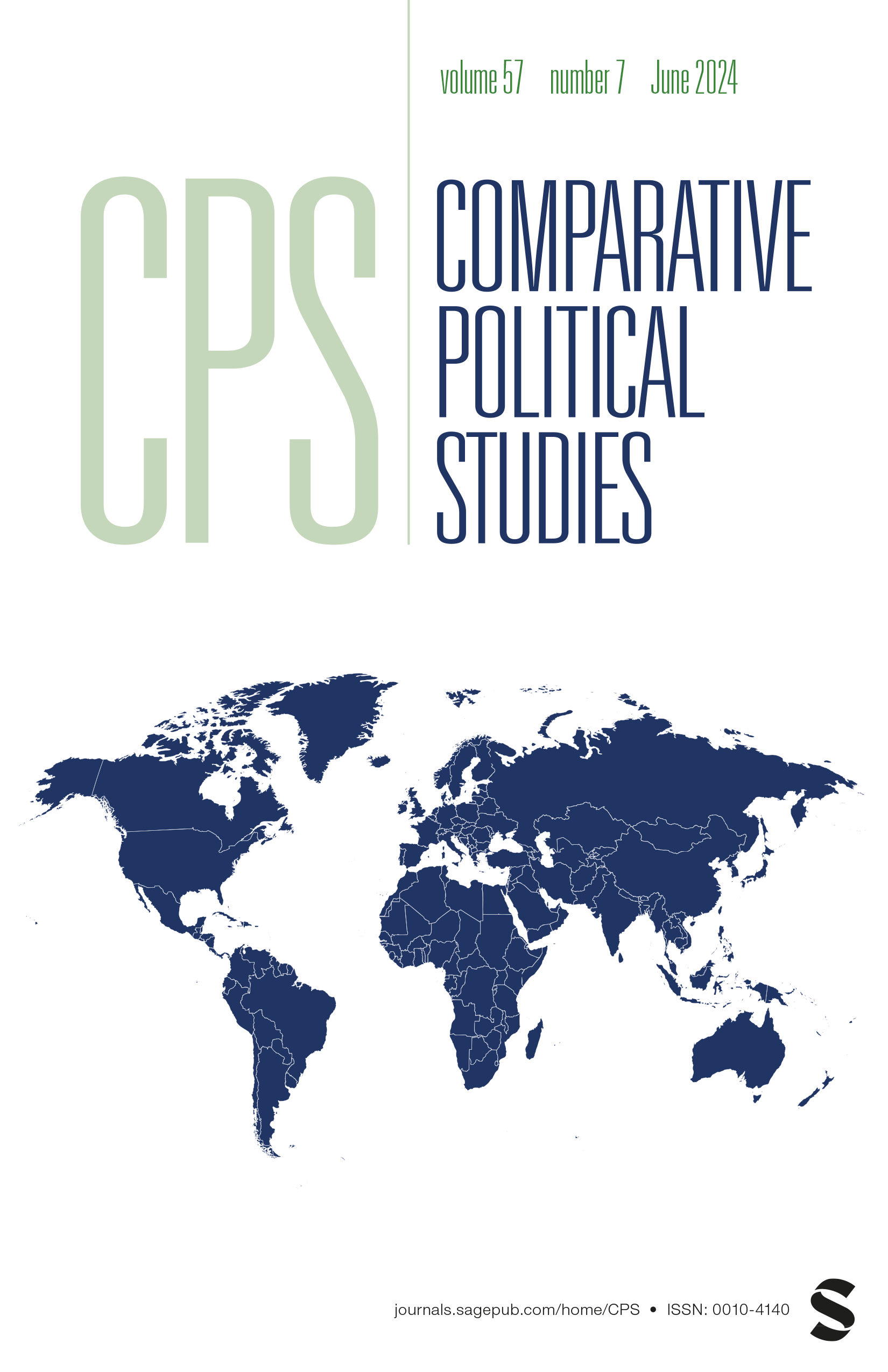How Education Policies Shape Political Inequality: Analyzing Policy Feedback Effects in Germany
IF 4.2
1区 社会学
Q1 POLITICAL SCIENCE
引用次数: 0
Abstract
Education is one of the strongest predictors of political participation at the individual level. However, the association between education and participation varies across countries, which previous studies attribute mainly to institutions like electoral systems. Drawing on policy feedback and political socialization theories, we suggest an alternative explanation: education policies generate powerful and lasting policy feedback effects in adolescence, which continue to influence patterns of participation among adults. More concretely, we argue that policies aimed at de-stratifying secondary education (i.e., promoting more comprehensive models of education) are associated with a decrease in political inequality. We empirically investigate our argument in Germany, where education policies vary across sub-national units (Länder) and over time. We leverage this variation by combining data on Land-level policies with data on individual’s participation. Our results show that de-stratifying education policies have reduced in inequality in various forms of political participation, interest, and efficacy, but not in turnout.教育政策如何影响政治不平等:分析德国的政策反馈效应
在个人层面,教育是预测政治参与的最有力因素之一。然而,教育与参政之间的关联在不同国家存在差异,以往的研究主要将其归因于选举制度等体制。根据政策反馈和政治社会化理论,我们提出了另一种解释:教育政策会在青少年时期产生强大而持久的政策反馈效应,这种效应会继续影响成年人的参与模式。更具体地说,我们认为旨在消除中等教育分层(即推广更全面的教育模式)的政策与政治不平等的减少有关。我们在德国对我们的论点进行了实证研究,因为德国的教育政策在不同的次国家单位(州)和不同的时间段都不尽相同。我们将州级政策数据与个人参与数据相结合,充分利用了这种差异。我们的结果表明,去分层化的教育政策减少了各种形式的政治参与、兴趣和效率的不平等,但没有减少投票率。
本文章由计算机程序翻译,如有差异,请以英文原文为准。
求助全文
约1分钟内获得全文
求助全文
来源期刊

Comparative Political Studies
POLITICAL SCIENCE-
CiteScore
8.40
自引率
4.00%
发文量
69
期刊介绍:
Comparative Political Studies is a journal of social and political science which publishes scholarly work on comparative politics at both the cross-national and intra-national levels. We are particularly interested in articles which have an innovative theoretical argument and are based on sound and original empirical research. We also encourage submissions about comparative methodology, particularly when methodological arguments are closely linked with substantive issues in the field.
 求助内容:
求助内容: 应助结果提醒方式:
应助结果提醒方式:


